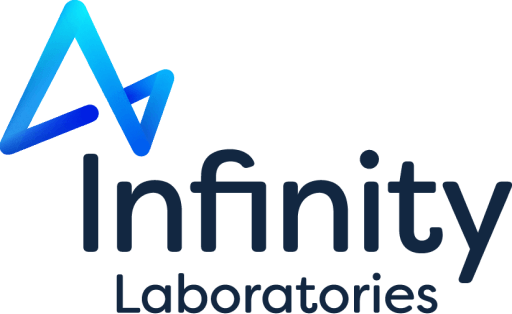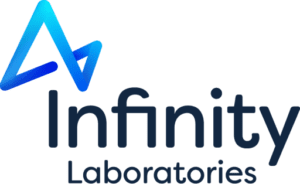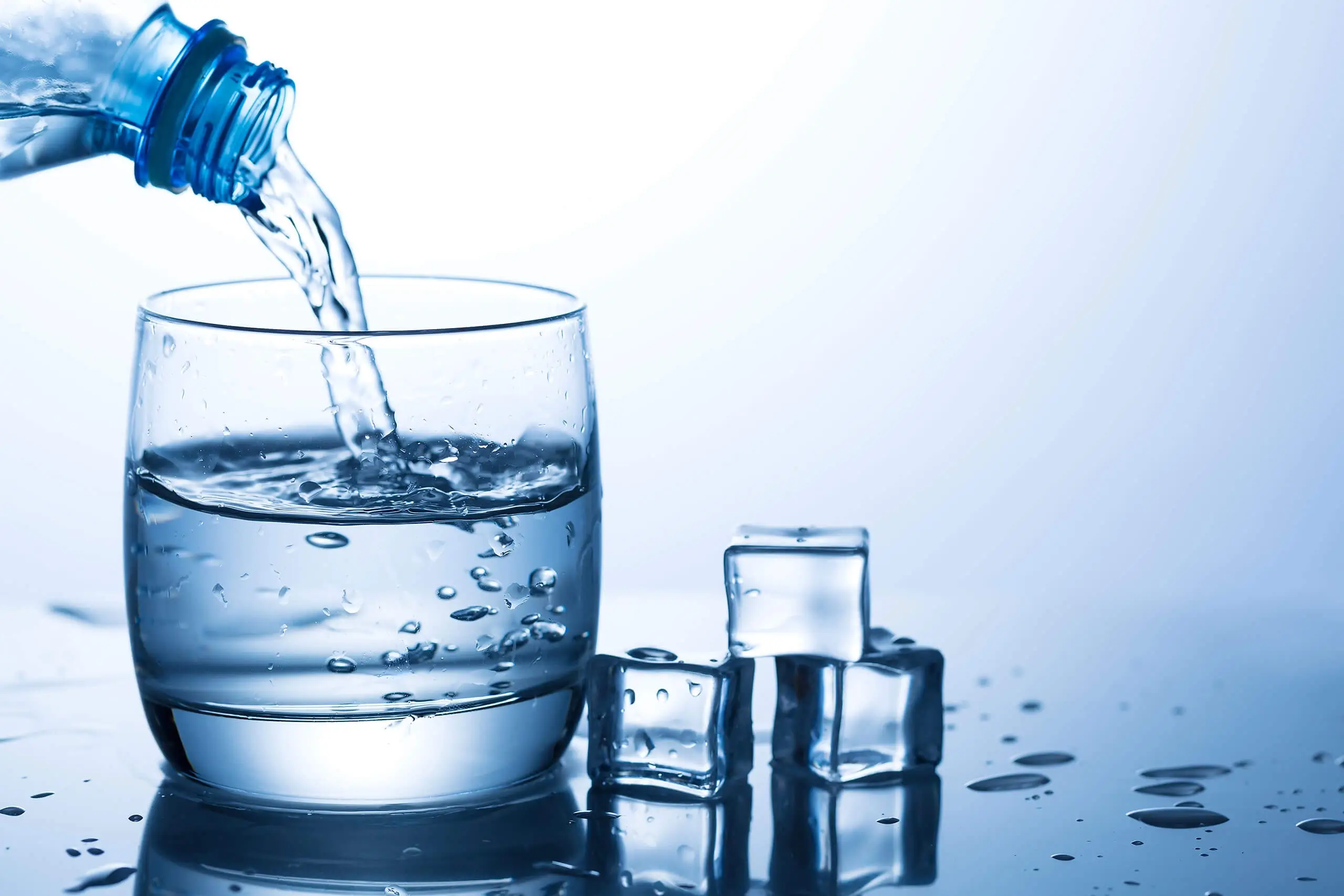To most of the world, water is water. It’s clean or dirty, salty or fresh. But to biopharmaceutical companies, it’s a dynamic resource that comes in many forms and grades. Water is a raw material, a solvent, and a critical component for many formulations and manufacturing steps; it can even be an active ingredient.
To most of the world, water is water. It’s clean or dirty, salty or fresh. But to biopharmaceutical companies, it’s a dynamic resource that comes in many forms and grades. Water is a raw material, a solvent, and a critical component for many formulations and manufacturing steps; it can even be an active ingredient.
A Water Type for Every Use
A Water Type for Every Use
If you’re in the biopharmaceutical field, chances are many liters of H2O stream through your facility every year. Maximizing the types and sources can significantly improve your company’s efficiency. Managing your water and associated regulations can also help to avoid potentially hazardous contamination, which affects products, compliance, and end-consumers.
What is Purified Water?
What is Purified Water?
Purified water has been mechanically filtered or processed to remove or neutralize any potential contaminants. The two most common purification methods are distillation and deionization, though many combinations exist to cater to various uses. Deionization, for example, removes all negatively charged anions, but it won’t directly remove bacteria and viruses.
By definition, purified water will need to comply with certain limits for physical and chemical properties, including:
Water Types for Clinical Use
While international and national guidelines differ slightly, most follow a grade 1-3 or type I–IV system.
Minimum grades will be specified for each application for bioprocessing, clinical diagnostics, or eventual consumer products. As a guideline, while these are the broad water grades, even ultrapure water may need additional treatment steps depending on your lab applications:
Ongoing Testing
The other half of efficient water use is knowing when and how to test it. Water is never a fixed grade; it’s a property (or lack thereof) that must be regularly tested and maintained. Several different agencies regulate water purity levels for scientific applications.
Many industry-specific agencies, such as the Federal Drug Administration, take their cue from these central organizations. Regional regulations such as the European Pharmacopeia may also apply depending on your facility’s location and eventual market.
These ever-changing restrictions can begin weighing your company down, diverting precious resources from your core scientific aims. Drawing on the expertise of a trustworthy, specialized water testing company such as Ultimate Labs can help you navigate the most efficient path. They’ll let you know if your testing protocol meets USP standards or if you’re doing too much.
Staying Afloat
Staying Afloat
In the world of laboratory science, standard bottled water is not a “pure” option — regardless of what mountain spring, tropical island, or ancient aquifer it’s sourced from. Scientists need water that meets their research and production needs, satisfies compliance, and safeguards the purity of final products. Meeting and maintaining those requirements are equally important, an area where outside resources can help.


